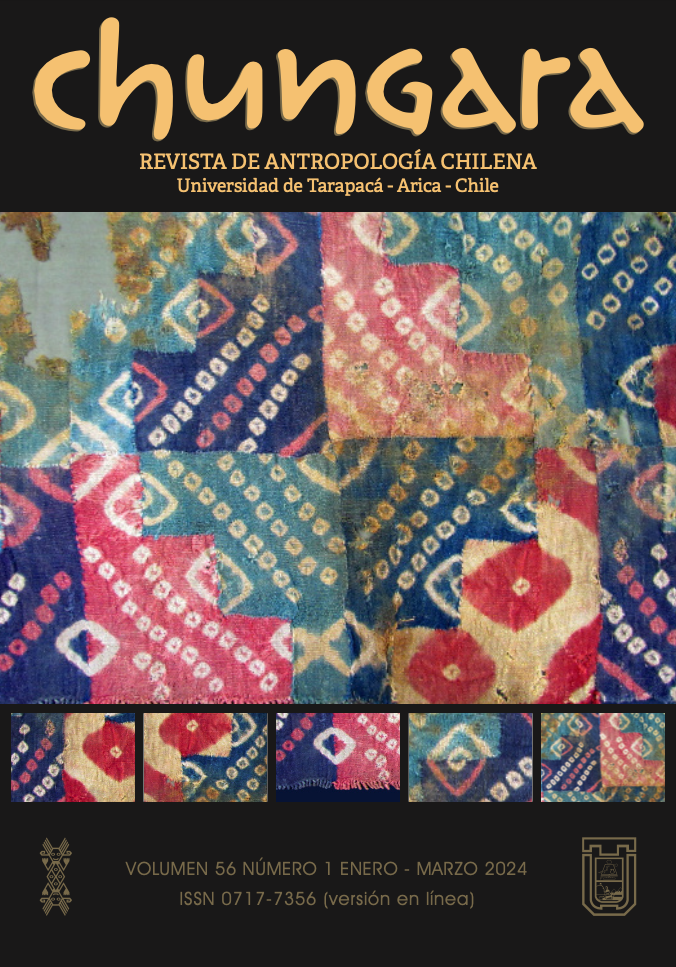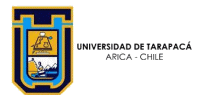202557(en)/25 - Silver, Saltpeter, and Machines: Afro-Descendant Families in the Historical Development of Regional Mining in Tarapaca, 1773-1874
ENTRE PLATA, SALITRE Y MÁQUINAS: FAMILIAS AFRODESCENDIENTES EN EL DESARROLLO HISTÓRICO DE LA MINERÍA REGIONAL (TARAPACÁ, 1773-1874)
SILVER, SALTPETER, AND MACHINES: AFRO-DESCENDANT FAMILIES IN THE HISTORICAL DEVELOPMENT OF REGIONAL MINING IN TARAPACA, 1773-1874
Damián Lo Chávez y Carolina Cortés Silva
The historiography of mining industrialization in Tarapacá has constructed the image of a society lacking historical agency, one that worked its mining resources with outdated colonial-era techniques. According to this view, the “civilizing” presence of foreign agents would have transformed this historical scenario through industrial modernization, embodied in large, mechanized saltpeter works. We propose a paradigm to understand the historical development of mining in Tarapacá based on the expansion and crisis of a proto-industrial productive regime that emerged in the early eighteenth century and persisted until the late nineteenth century.
The microhistorical analysis of the trajectory of two mining families of Afro-descendant heritage allows us to identify the various factors involved in the expansion, crisis, and transformation of that productive regime, challenging the artificial division of regional economic history into colonial metallic mining and republican non-metallic mining. The historical experience of free Afro-descendant individuals and their descendants in Tarapacá’s mining entrepreneurship constitutes an unprecedented case that sheds light on both regional mining development and the social mobility that took place in colonial ancien régime societies transitioning to the republican order—processes in which new identities were constructed around mining labor and production







